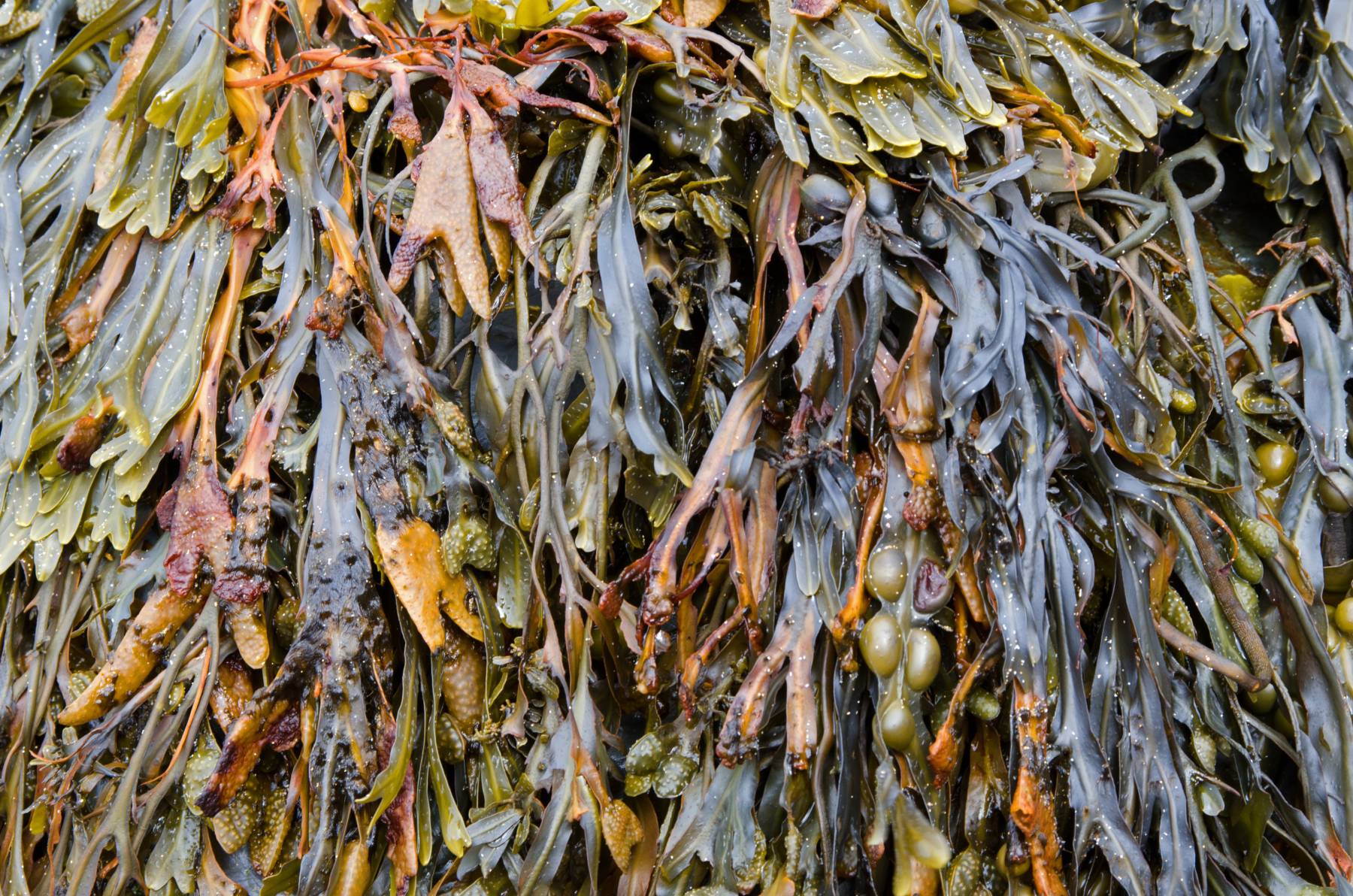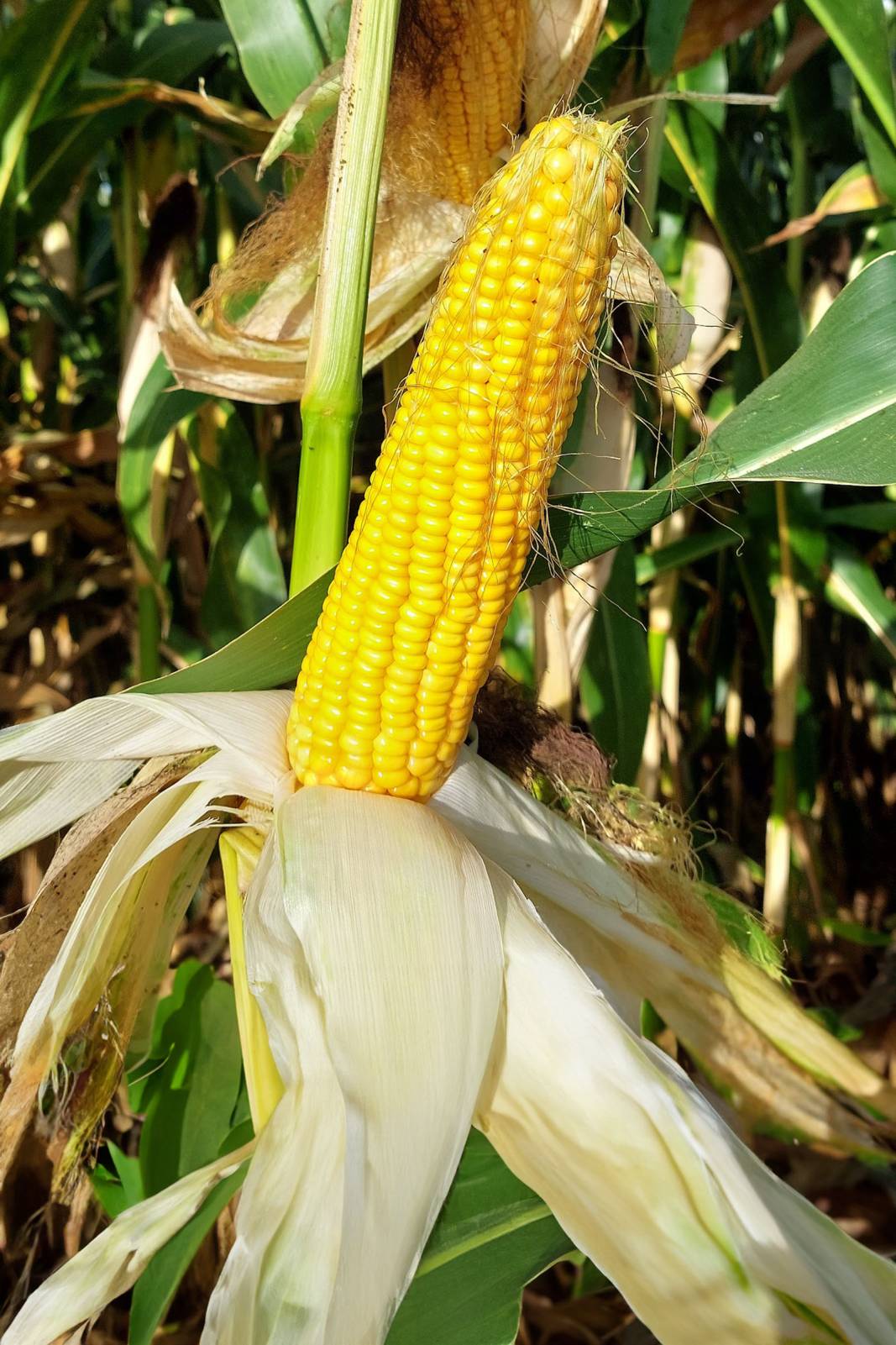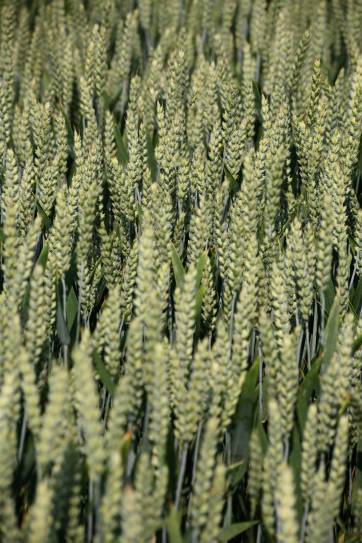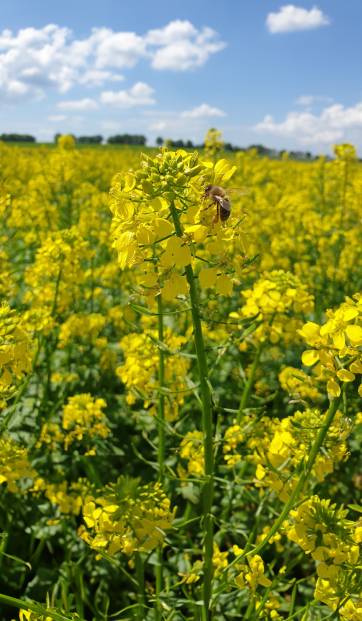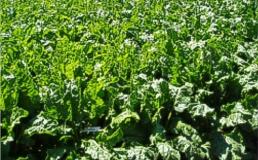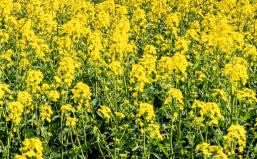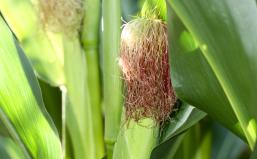Agricultural crop production
Our highly effective natural preparation for agriculture
Our purely organic algae product promotes increased root growth and more active soil biology in all crops. Only the brown algae species "Ascophyllum Nodosum" is used to produce bio-algeen S 92. This algae is harvested by boat in the North Atlantic and then dried and ground in a facility using geothermal heat.
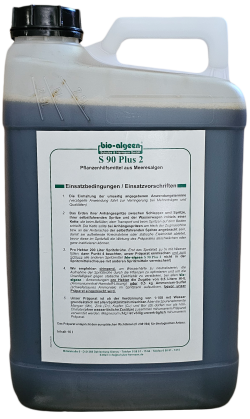
»bio-algeen« S 92
It is already used worldwide in agricultural food production.
- Significantly increased fine root mass helps plants better survive stressful situations.
- Better use of available nutrients.
- Greater resistance to fungal pathogens and insects
Scientific studies and controlled trials show:
- Increased yields of up to 30% or more.
- Improved harvest quality (storage).
- Improved constituents compared to untreated areas.
- Direct effects of the use of the preparation in agriculture.
Additional trial results:
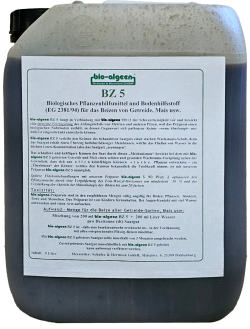
»bio-algeen« BZ 5
bio-algeen BZ 5 gives the germination of treated seeds a strong growth boost because the seeds are coated with semi-permeable membranes that “force” the flow of water into the area with the highest ion concentration (i.e., the seeds).
The faster and more powerful germination of the seeds through this “mechanism” results in a solid and healthy growth. Advantage for grain and corn treated with bio-algeen BZ 5, along with the certainty that strong plants will develop from all viable seeds. “Over-treating” the seeds, which is known to rob the germs of their vigor, is not possible with our bio-algeen BZ 5 preparation.
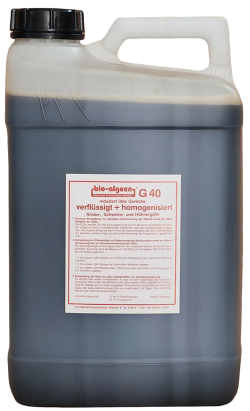
»bio-algeen« G 40
»bio-algeen« G 40 Through biological conversion processes, protons and metal ions are deposited in the treated wastewater (e.g., animal manure). The formation of mercaptans and hydrogen sulfide compounds is prevented, thus preventing the development of undesirable odors.
The deposition of metal ions creates semipermeable membranes that force water to flow into the highest ion concentration (e.g., solids in manure). Penetrating microorganisms dissolve the solids.
EFFECTIVENESS IN COMPARISON
Soil
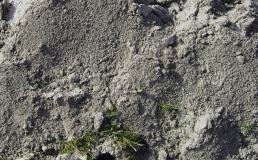
Soil tilth – the most favorable conditions for agricultural cultivation
- Improvement of crumb structure, water retention capacity, and seed germination
- Improved resistance to wind and water erosion
- Reduction of plant diseases
- Significantly increased soil biological activity
Potatoes
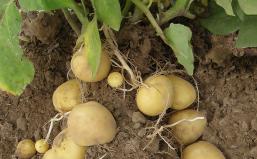
Noticeable yield and quality improvements
- Better early development
- Reduced susceptibility to scab
- Excellent storage capacity
- Lower respiration losses
- Higher proportion of saleable produce
Sugar beets
Higher mass and sugar yields
- Improved juvenile development
- Reduced drought stress
- Less legginess
- Increased sugar content
- Improved quality parameters
Rape
Higher grain and oil yield
- Accelerated early development
- Improved winter hardiness
- Stripping effects without yield reduction
- More side shoots and higher pod set
Wheat
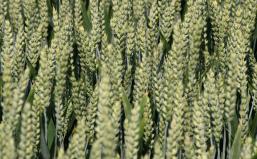
Noticeable yield and quality improvements
- Reduced risk of winter damage
- Significantly improved tillering
- Increased lodging stability
- Stabilization of plant health
Barley
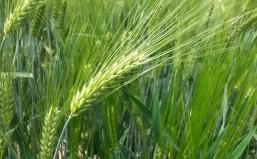
Noticeable yield and quality improvements
- Reduced risk of winter damage
- Significantly improved tillering
- Increased lodging stability
- Stabilization of plant health
Corn
Higher green mass – dry matter and energy yields
- Greater drought stress resistance
- Improved seed production
- Accelerated juvenile development
- Improved phosphorus uptake
- Stabilization of plant health
Oats
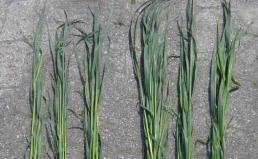
Scientifically proven increase in biological activity
- Noticeable yield increases
- Improved quality
- Stabilization of plant health
- Savings on pesticides
- Savings on seeds
- Significantly improved tillering
- Increased lodging stability
Onions
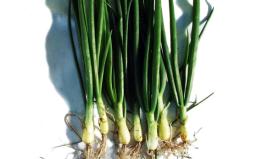
Noticeable increases in yield and quality
- Stabilization of plant health
- Reduction in pesticide use




